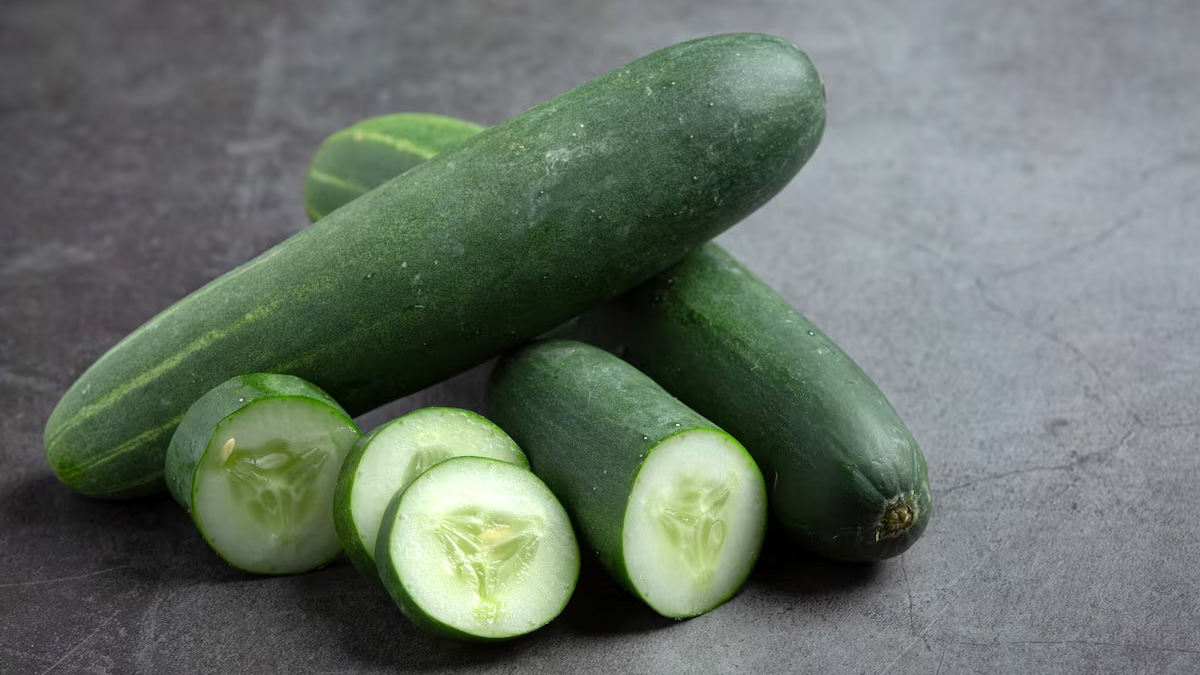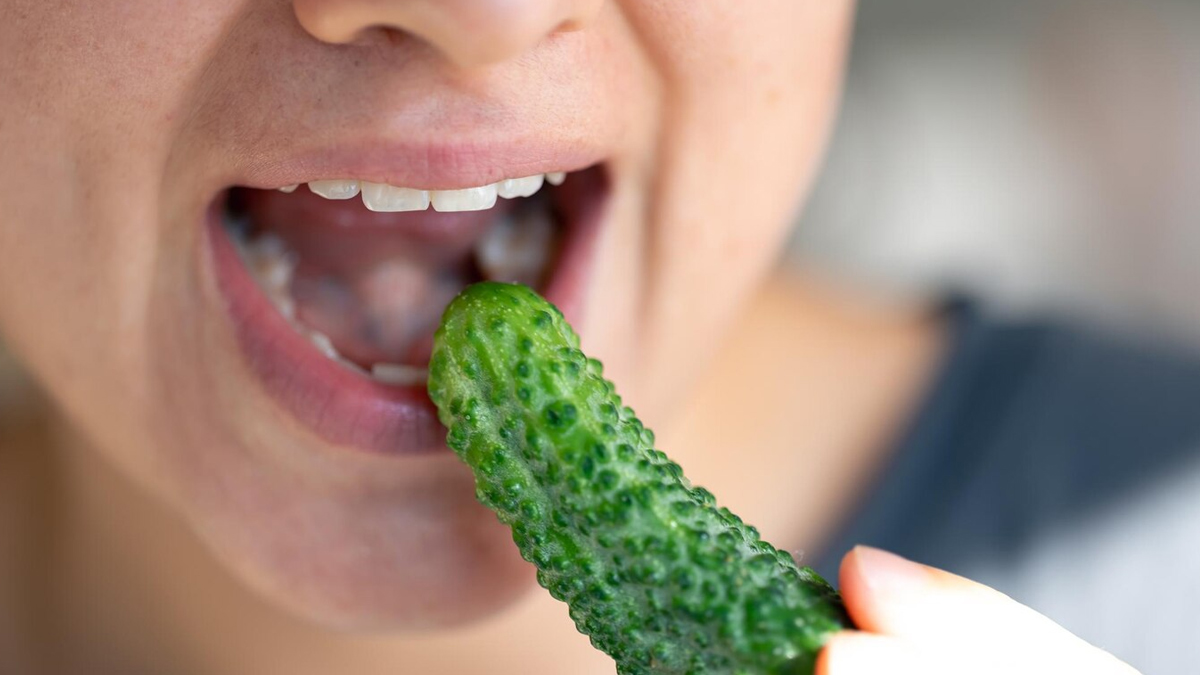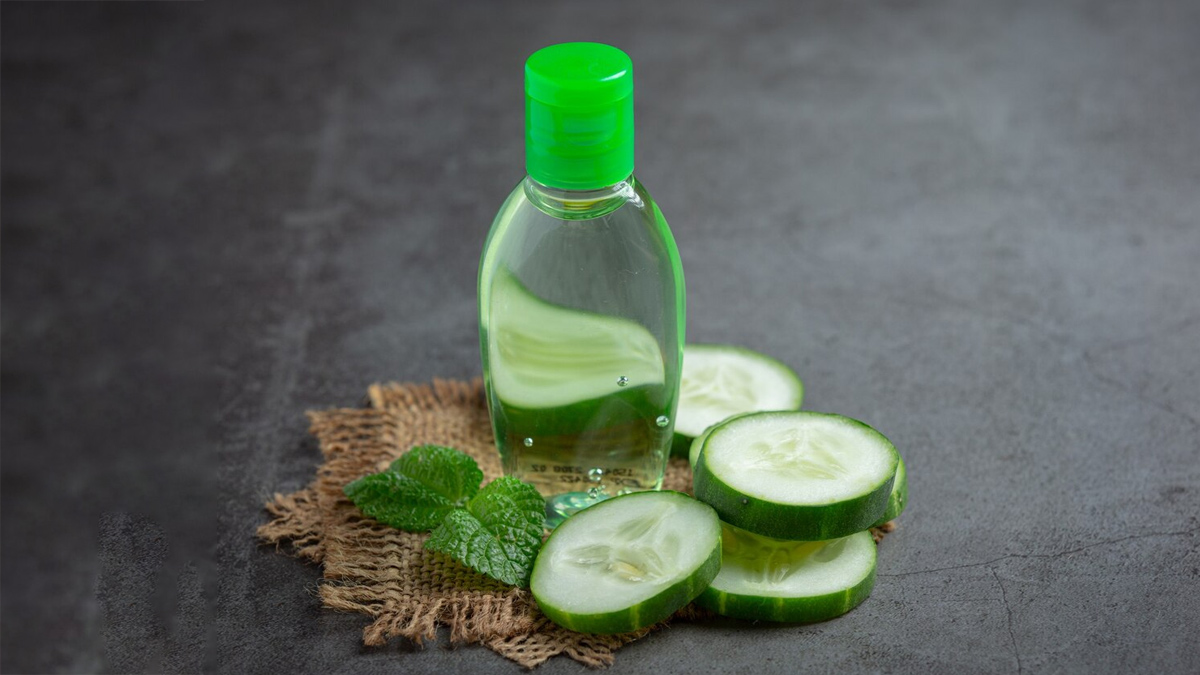Can Cucumbers Be A Source Of Infection
Published 8 hours ago• 3 minute read
Doctor Verified
Cucumbers are a summer staple, but they need to be handled with care. While they are not inherently infectious, they can become a source of infection. Here’s all you need to know.

“While cucumber itself is not inherently infectious, it can become a medium for infections if contaminated,” says Dr Mukherjee, explaining, “Worms or parasite larvae—such as tapeworm eggs—may be present inside improperly cleaned or stored cucumbers. If ingested, these can enter the human body and potentially affect the nervous system, leading to neurological issues.”
She further adds that cucumbers, especially when not properly washed or peeled, may carry parasitic infections, most notably tapeworm eggs. Once ingested, these parasites can travel through the bloodstream and lodge in various organs, including the brain, causing conditions like neurocysticercosis, which can lead to seizures or other neurological complications.
In addition to parasitic concerns, bacterial infections like Salmonella are another serious risk. Salmonella infection can occur when cucumbers are contaminated during harvesting, handling, or distribution. According to the CDC, this bacterial illness typically causes symptoms like diarrhoea, fever, and abdominal cramps and can be especially dangerous for young children, older adults, or people with weakened immune systems.
“If you experience seizures or neurological symptoms after eating a cucumber, seek medical attention immediately,” Dr Mukherjee advises, adding that only a doctor can confirm the cause through proper tests, as such symptoms may be linked to parasitic infections but are not easy to trace without diagnosis.
Top Stories

If you’re concerned about an infection risk from eating cucumbers, Dr Mukherjee advises keeping the cucumbers in lukewarm water for at least 30 minutes and then washing them properly and peeling them before eating.
“We should also not consume cucumbers which are openly sold in the marketplace, as it can increase the chances of infection,” she warns.
Additionally, you can follow these food safety steps to prevent getting sick from Salmonella:
- Use a food thermometer to make sure you have cooked your food to a temperature high enough to kill germs.
- Refrigerate perishable food (food that goes bad) within 2 hours.

“It is essential to wash and peel cucumbers before consuming them, as they are often treated with fertilisers, pesticides, and other agricultural chemicals during cultivation,” emphasises Dr Mukherjee. “Washing helps remove surface residues, while peeling adds an extra layer of safety by eliminating any contaminants that might have seeped into the skin.”
Cucumbers are hydrating, refreshing, and easy to eat. But like any raw produce, they need to be handled with care. If not washed or peeled properly, they can carry harmful bacteria like Salmonella or even parasites, which in rare cases, could lead to serious health issues. However, a few simple steps, like soaking, washing, and peeling, can help mitigate infection risk. So, while you enjoy cucumbers with your daily meals, just make sure you prep them right.

-1750937022727.jpg)











